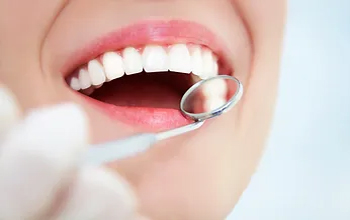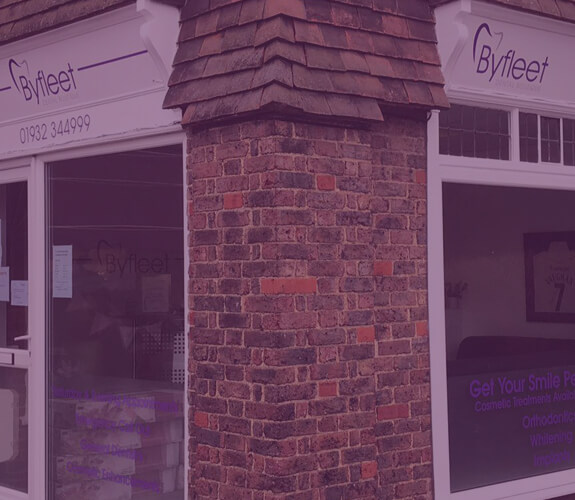
Decayed or chipped teeth can often be repaired with white composite fillings that look natural, however if the damage is too substantial, particularly on the back teeth, then an inlay or onlay would be recommended. Inlays or onlays can be made from a number of strong materials such as metals or ceramics.
An inlay is a small filling that fits into the biting surface of a tooth. An onlay covers a larger area of the tooth and is better suited to bigger cavities. Gold was traditionally used for these types of restorations. However, in recent times hard-wearing tooth-coloured porcelain has become a more popular choice of material. This is a more aesthetic way to restore the teeth and creates a more natural-looking smile.
Here is how they work:
Life Benefits
Inlays and onlays are dental restorations that are used to repair teeth that have moderate damage or decay. They are a conservative alternative to dental crowns and can be made from various materials, including porcelain, composite resin, or gold.
While fillings are placed directly into a cavity, inlays and onlays are fabricated in a dental lab before being bonded into place. This allows for a more precise fit and greater strength. In addition, inlays and onlays cover a larger surface area of the tooth, making them a suitable option for repairing more extensive damage.
Inlays and onlays are typically recommended when a tooth has damage or decay that cannot be adequately repaired with a filling but does not require a full dental crown. They are a conservative option that preserves as much of the natural tooth structure as possible while still restoring its strength and function.
The placement of inlays and onlays usually requires two appointments. During the first appointment, the damaged or decayed portion of the tooth is removed, and an impression is taken to create a custom restoration. A temporary filling is placed on the tooth to protect it until the permanent restoration is ready. At the second appointment, the temporary filling is removed, and the permanent inlay or onlay is bonded to the tooth using a strong dental adhesive.
Yes, inlays and onlays are highly durable and can last for many years with proper care. The materials used, such as porcelain or composite resin, are known for their strength and resistance to wear. It is essential to maintain good oral hygiene practises and visit the dentist regularly for check-ups to ensure the longevity of your inlay or onlay.
Yes, inlays and onlays can be designed to match the colour of your natural teeth, providing a seamless and aesthetically pleasing result. Porcelain restorations, in particular, can be created to mimic the shade and translucency of your natural teeth, making them virtually indistinguishable.
The placement of an inlay or onlay is generally a painless procedure. Local anesthesia is used to numb the tooth and surrounding tissues, ensuring your comfort throughout the process. Some patients may experience minor discomfort or sensitivity after the procedure, but this usually subsides within a few days.
Caring for an inlay or onlay is similar to caring for your natural teeth. Maintain good oral hygiene by brushing at least twice a day and flossing daily. Avoid biting or chewing on hard objects that could damage the restoration. Additionally, it is crucial to visit your dentist regularly for professional cleanings and check-ups to ensure the longevity of your inlay or onlay.
Inlays and onlays made from porcelain or composite resin are resistant to staining, making them an ideal choice for restoring teeth in visible areas of the mouth. However, it is still important to practise good oral hygiene and limit the consumption of heavily pigmented foods and drinks, as they can potentially cause discolouration over time.
Yes, inlays and onlays can be used to replace old metal fillings. In addition to providing a more natural appearance, they offer improved strength and longevity compared to traditional metal fillings. Your dentist can assess your specific situation and determine if inlays or onlays are suitable for replacing your old fillings.
Please do not submit any sensitive data through the website forms.
Fields with (*) are required.
Please contact us via this website or email without disclosing confidential information.

| Monday | 9.00 am to 5.00 pm |
| Tuesday | 9.00 am to 5.00 pm |
| Wednesday | 9.00 am to 5.00 pm |
| Thursday | 9.00 am to 3.00 pm |
| Friday | 9.00 am to 5.00 pm |
| Saturday | 9.00 am to 1.00 pm (By appointment) |
| Sunday | Closed |
Byfleet Dental
29 High Road
Byfleet
West Byfleet
Surrey
KT14 7QH